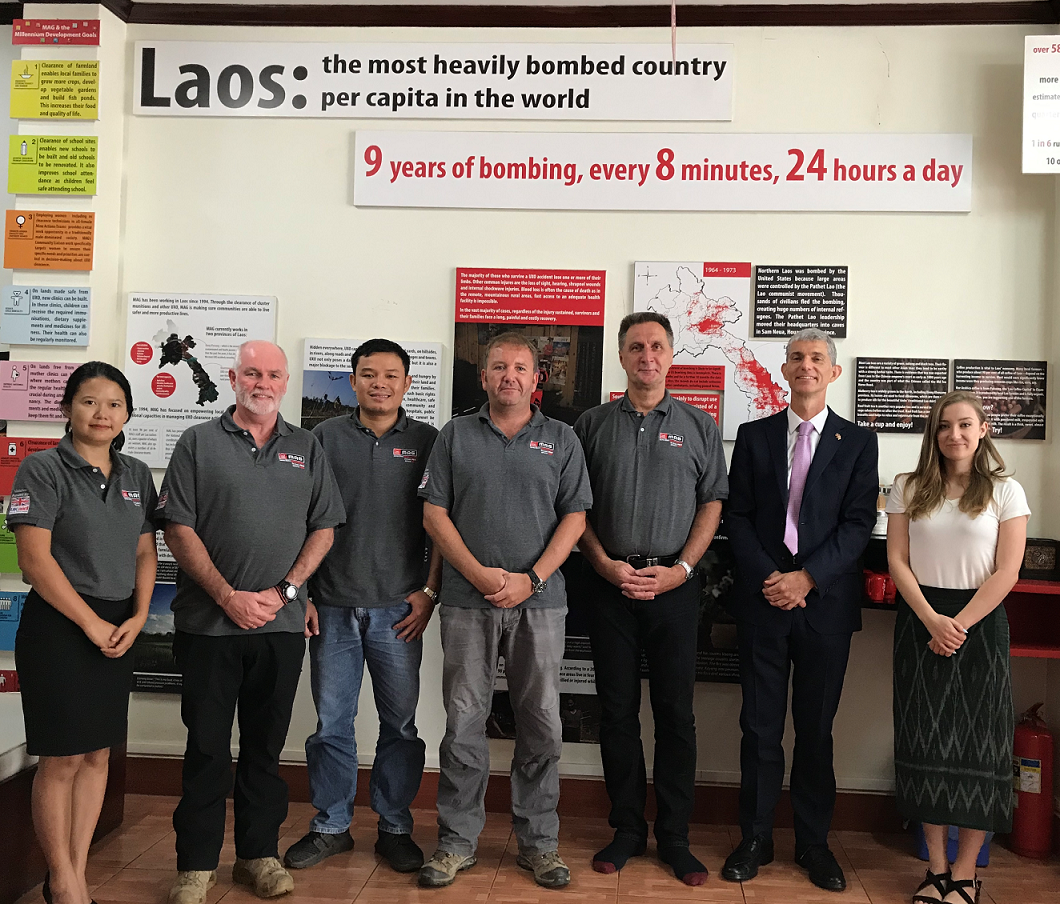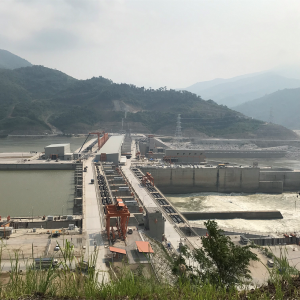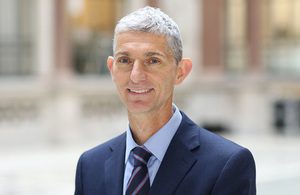
January 8, 2020, by lzzeb
The Diplomacy of Geography
A blog by John Pearson
Watching unexploded bombs being detonated in woodland. Visiting a massive, new Hydro Electric Dam on the Mekong. Helping doctors tackle infectious diseases. When I studied Geography at Nottingham in the late 1980s, these were the sort of issues that I read about. Since August this year I have been British Ambassador to Laos, and am lucky enough to now have the chance to work on them.
I have always felt that Geography is good training for diplomacy. Geography teaches you to identify sources of information, and decide if they are credible or not. It helps you to understand and draw conclusions from that information. You are taught to link those conclusions to wider, global events. And then you learn how to present the information in a way that makes sense to a wide range of people – using text, graphics and other media.
I have been applying my Geographical skills since I joined the FCO in 1990. (And I am not the only one – other Geographers I work with include the British Ambassador in Tokyo, and the United Nations representative here in Vientiane). And they are very relevant to my new job. The job of the British Embassy in Vientiane is to promote British interests in Laos, and to help Laos with its own development challenges: it is one of the poorest countries in South East Asia. Geography comes through in almost everything that I do.
For example, Laos is the heaviest bombed country in the world per capita: during the Vietnam War it was bombed every 8 minutes, for 24 hours a day, for nine years. We are working with the Mines Advisory Group, the HALO Trust and Norwegian People’s Aid to clear vast areas of Laos of unexploded ordnance. This not only helps to save lives (people are often injured or killed when they disturb these cluster munitions) – it also means that more land can be safely farmed again, increasing the income of local people.
My own speciality is pollution and climate change. I did my undergraduate dissertation on air pollution around the M25, and my Masters dissertation on how climate change could affect international peace and security. A major issue is how climate change will affect water flows in the Mekong, which provides food or income for about 60 million people. In 2018 the river in Vientiane was at a record high – this year, it is at its lowest for 60 years! We have been working with a range of organisations and companies to examine whether climate change, coupled with new dams on the Mekong, are likely to affect water flows, sedimentation and fish stocks.
We are also trying to do our own bit in the British Embassy. On 12 December 2019 we went ‘single-use plastic free’. So no more plastic water bottles, clingfilm, etc. We held an event with a range of partners working on sustainability, to encourage others to reduce their consumption and take up recycling.These are important areas – and we will continue to take them forward.
If you would like to learn more on what the British Embassy is doing in Laos, we post updates on Twitter at JohnPearson68, Facebook at johnpearson68fco, and Instagram at johnpearson68fco
No comments yet, fill out a comment to be the first



Leave a Reply